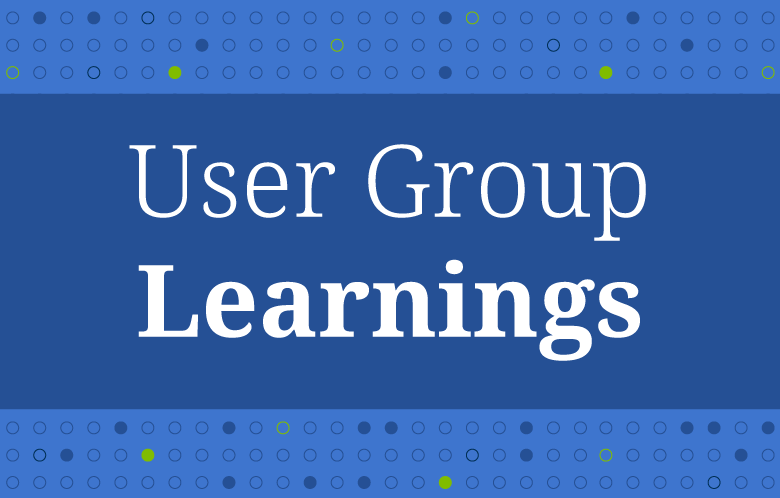Electronic collections (eCollections) offer several benefits for libraries, contributing to their ability to adapt to changing technological landscapes and meet the evolving needs of their patrons. When libraries consider acquiring publisher e-collections, they should carefully assess various factors to ensure that the electronic resources align with the library's mission.
Here are five factors libraries should look for when purchasing publisher e-collections:
- Content Relevance and Coverage:
- Evaluate the content provided in the e-collection to ensure it aligns with the library's collection development policy and the informational needs of the community. Consider the breadth and depth of coverage in terms of subject areas, academic disciplines, and levels of expertise. A diverse and comprehensive collection will better serve the varied interests and requirements of library users.
- User-friendly Platform and Interface:
- The platform hosting the e-collection should be user-friendly, intuitive, and accessible. Libraries should prioritize platforms that offer easy navigation, advanced search capabilities, and a responsive design that accommodates different devices. A well-designed interface enhances the user experience, making it easier for patrons to find and interact with the digital resources.
- Licensing Terms and Access Options:
- Carefully review the licensing terms associated with the e-collection. Understand the permitted uses, access restrictions, and any potential limitations on concurrent users. Look for flexibility in licensing models to accommodate the library's budget and usage patterns. Additionally, consider options for perpetual access to content, ensuring that valuable resources remain available over the long term.
- Interoperability and Integration:
- Consider the interoperability of the e-collection with existing library systems and technologies. Compatibility with library management systems, discovery platforms, and authentication methods is crucial for seamless integration into the library's workflow. A well-integrated system facilitates efficient cataloging, tracking usage statistics, and providing a cohesive user experience.
- Quality of Metadata:
- Not all metadata is created equal. Assess the quality and completeness of metadata associated with the electronic resources. Accurate metadata enhances discoverability and facilitates effective information retrieval.
Is your library a GOBI customer? Consider acquiring eCollections via GOBI. Not only does your library gain perpetual access to high-quality content at a lower cost per title but you also benefit from duplication control, customized cataloging records, proprietary metadata and workflow efficiencies such as integrations with your library's ILS. GOBI's strong relationships with top academic publishers provides customers support in identifying content and negotiation of price for your library.
View our video below to learn more about the benefits of ordering eCollections and Evidence-Based Acquisitions (EBA) from top academic publishers through GOBI Library Solutions.



